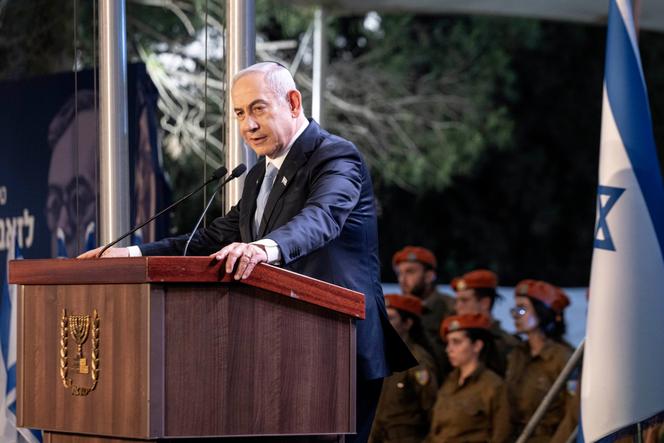


With a regional war looming, dissension at the highest levels of the Israeli government has had to take a back seat, at least for a while. Since the dual strike on Beirut and Tehran on the night of July 30, Israel has been expecting retaliation from Iran and Lebanon-based Hezbollah, with potential support from their allies in the "Axis of Resistance" (Yemen, Syria, Iraq). It is foreseeable that Iran will try to "hit the bullseye" on an important Israeli target, preferably a military one, as stated by a well-informed observer, and that Hezbollah will strike its neighbor's territory with missiles, rockets and drones for several days, beyond the border zone, trying to overwhelm anti-aircraft defenses. This would have the effect of triggering another retaliation, this time from Israel, the scope of which could be of unprecedented gravity.
Against this background, as Prime Minister Benjamin Netanyahu repeats almost on a daily basis, his country is preparing "for both defense and offense." His defense minister, Yoav Gallant, is at the forefront of these preparations. He is stepping up his inspections of military equipment, claiming that everything is ready for this war, without mentioning two other intertwined conflicts: firstly, the one that continues to be waged in Gaza, and secondly the one – in which Gallant plays a central role – that is raging between the prime minister and the men in charge of Israel's security.
For months, divisions have been growing between Netanyahu and army chiefs, from Gallant to leading generals, including the chief of the general staff, Herzi Halevi, joined by the heads of the intelligence agencies, Mossad (external) and Shin Bet (internal). These profound differences are fueled by two factors. Firstly, there is now open opposition over whether or not to accept an agreement with Hamas in Gaza, reached thanks to American, Egyptian and Qatari mediation. This would provide a framework for a phased cessation of hostilities and an exchange between the 115 Israeli hostages still in Gaza (a large number of whom, perhaps half, have died) and Palestinian prisoners.
Secondly, there is a more muted struggle over responsibility for the failures that led to the bloody Hamas attack on Israel on October 7, 2023. The two are linked, but in a perverse sense, say Israeli officials, who feel they are being manipulated by a prime minister capable of feigning a willingness to negotiate while sabotaging the process, calculating that this double play will exonerate him from his share of responsibility for October 7.
You have 58.2% of this article left to read. The rest is for subscribers only.
